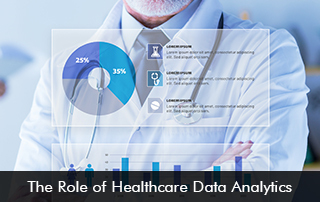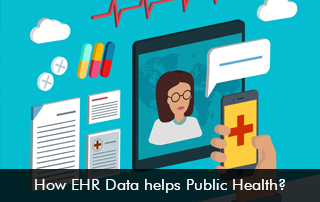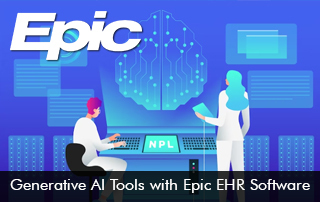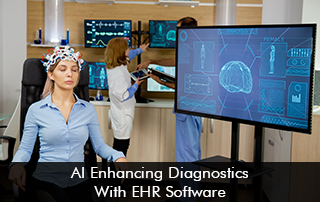Challenges to Interoperability in EMR
Understanding Interoperability in EMR Software Interoperability is the ability to take different systems and software applications and help them utilize data seamlessly. In the context of EMR software, interoperability enables healthcare providers, hospitals, and other stakeholders to access and share patient information across different platforms. Why We Need Interoperability in EMR Systems Enhanced Patient [...]











